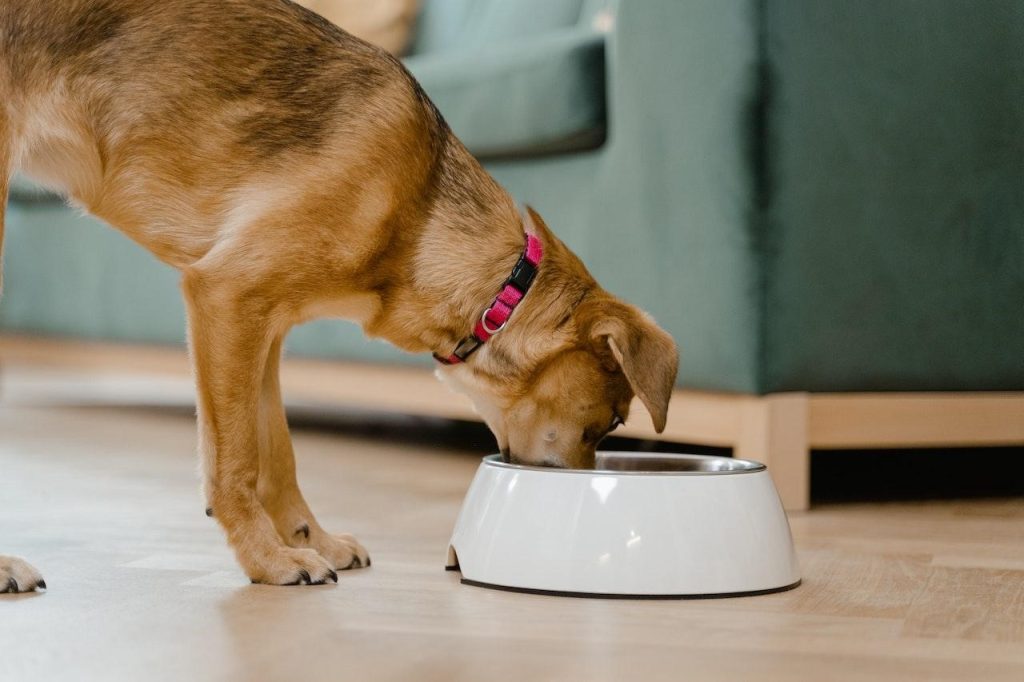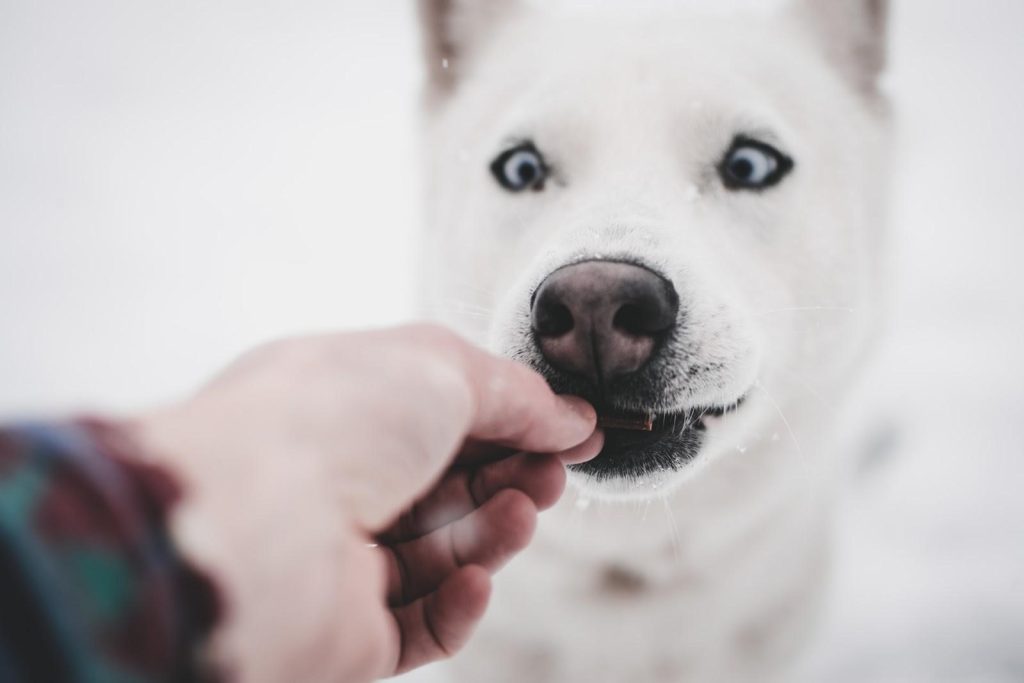Gluten-Free Diet for Dogs: Yay or Nay?
Is it worth trying gluten-free diet for dogs? Truth be told, gluten isn’t bad for canines unless they are specifically intolerant to it.
What Is Gluten?
Gluten is a protein naturally found in grains, such as barley, rye, and wheat. It is a substance that holds food together.
It is not inherently bad, but it is the enemy of people with celiac disease—the consumption of gluten damages their gut, making them unable to absorb nutrients.
A gluten-free diet in humans was found to have many benefits. It increases energy levels, reduces bloating, and improves bone health.
Veterinarian John Symes, who is among 1% of the population with celiac disease, tried his gluten-free diet on his dog and found positive results too.
Gluten-Free Diet for Dogs: An Experiment
Because feeding himself and his dog a gluten-free diet showed tremendous health results, Symes recommended it to all his four-legged patients, especially those suffering from various chronic conditions.
“It’s amazing how quickly their immune systems get back to normal,” said Dr. Symes.
Symes’ recommendation was to eliminate the following products from the dogs’ diets:
- Barley
- Rye
- Wheat
- All dairy products (although only dairy with flavorings and malt have gluten in them)
- Soy – soy sauce contains wheat
“The response (to the gluten-free diet recommendation for dogs) was so dramatic that I was afraid at first that I’d cure myself out of practice.” –Dr. John Symes, veterinarian
He recommended gluten-free food for dogs because of various ailments. Here are the conditions made better after the new diet:
- Allergies
- Epilepsy
- Joint pain
- Ear infections
To be clear, gluten did not cause the mentioned diseases, but the dogs got better when gluten was removed from their diets.
Can Dogs Eat Gluten?
Yes, dogs can eat gluten.
In fact, most of them enjoy gluten-rich diets—many food products contain the protein. There is an abundance of dog food made with various grains because they are affordable.
However, gluten-free products have become popular, and many owners have given gluten-free puppy food a try. In the same manner, Wild Earth dog food, which is vegan, is another nutrient-packed option.
Celiac disease is uncommon among dogs, so they don’t need to go gluten free. But those that experience gluten sensitivity may not be able to absorb essential nutrients.
Symptoms of Celiac Disease in Dogs
If your furry best friend is experiencing the following symptoms, you should visit your vet immediately:
Chronic Gastrointestinal Upset
Does your dog excrete excessively watery stool? Or is it often constipated? These are symptoms of gluten intolerance, along with flatulence and vomiting.
Atopic Dermatitis
Flaky skin, hair loss, and rashes are symptoms of atopic dermatitis. There are many causes for this condition, one of which is dog gluten allergy.
Weight Loss
Because gluten-sensitive dogs cannot absorb nutrients properly, they will lose a lot of weight.
Chronic Ear Infections
Gluten may lead to a sugar buildup in the system. This may trigger a yeast overgrowth that causes ear infections. Smelly ears are a common symptom.

How Do You Know If Your Dog Is Sensitive to Gluten?
If your dog experiences any or all of the symptoms mentioned above, it doesn’t mean it has celiac disease. Many other ailments trigger these symptoms.
The only way to diagnose gluten sensitivity is through the process of elimination. If your fur baby experiences these symptoms, remove gluten from its diet. If the symptoms stop, then gluten is the likely cause.
What Can You Feed to Gluten-Sensitive Dogs?
To combat gluten allergies in dogs, simply buy food that doesn’t contain gluten.
Fresh fruits and vegetables are refreshing treats for your best friend. Dogs are omnivores, so they also enjoy meat, poultry, and eggs. You can also give them cheese and peanut butter.
Ask your veterinarian about the best diet for your gluten-sensitive pooch.
Is a Gluten-Free Diet for Dogs Worth a Try?
Veterinarian and writer Jennifer Coates says: “Gluten is an excellent source of protein unless an individual (human or canine) is allergic or has some other type of adverse food reaction to it. I have not found gluten sensitivity to be all that common, despite what many pet food manufacturers would have you believe, and research backs me up on that.”
For centuries, gluten has been an excellent source of nutrients for people and dogs. But since gluten has been linked to celiac disease and the marketing for such a diet was amped up, it suddenly gained a bad rep.
If it has been proven that your dog is gluten-intolerant, then a gluten-free diet is certainly recommended.
There is no need for you to spend the extra money on gluten-free dog food. Spend it on upgrading the overall quality of his diet instead. If, however, your dog has a poor appetite, excessive gassiness, vomiting, diarrhea, weight loss, or chronic skin problems and itchiness while eating a food that contains gluten, switch to gluten-free dog food and see what happens. –Dr. Jennifer Coates, veterinarian and writer

The Bottom Line
Watch out for signs that your dog is experiencing symptoms of celiac disease. If so, stop giving it food that contains gluten.
A gluten-free diet for dogs is more pricey, but it’s a worthy investment for its continued health.


